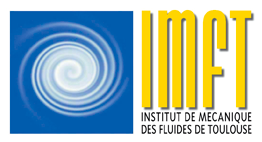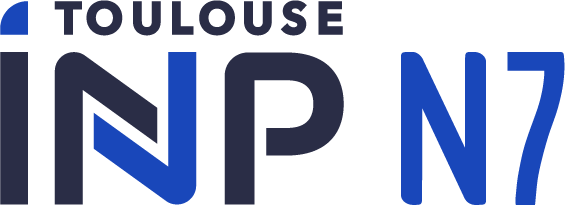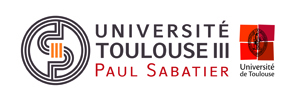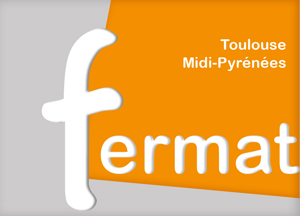Offre de stage M2 / Ingénieur : Dynamics of a Gas-Liquid Hourglass / Dynamique d’un Sablier Gaz-Liquide
Goal and research program:
During this internship, the student will
- perform an experimental investigation of this hourglass flow for different geometrical parameters
- analyze the acquired data and compare the results to those obtained in previous works
- contribute to the elaboration of one-dimensional model that aim to predict the pressure oscillations in both tanks
- synthesize his work in a scientific
The experimental set-up is under construction and will be available for experiments at the beginning of the training period. It will allow to vary parameters d and l as well as the initial filling ratio of the upper tank. Using pressure probes located at the top and the bottom of the hourglass and high-speed imaging, we will characterize the total time of exchange, the period of both pressure oscillations as well as their respective amplitudes and phases. Image processing will be used to carefully characterize the alternation of gas and liquid phases in the connecting tube in order to build a model of the two-phase flow coupling the pressures in both tanks. We will build a map of the types of flows observed in the tube and will try to measure sizes of gas bubbles or gas volume fractions present in this tube. Depending on the control parameters of the problem, we expect that the flow can deviate from a periodic one, and we will investigate a map of the regimes that may appear.
The one-dimensional model we want to develop is inspired from literature on emptying or filling of bottles where a single tank is connected to atmospheric pressure. Representations of such flow as an equivalent mass-spring oscillator or as an Helmoltz resonator have proved to reproduce accurately the frequency of the oscillations for short necks of the bottles (Clanet & Searby, 2004). To predict the amplitudes of the oscillations we will work to extend and improve the model developed by Clanet & Searby (2004) or the one-dimensional two-fluid model developed by Dougall & Khatiresan (1981) or Tehrani et al. (1992) which takes into account the specific two-phase flow through long connecting tubes. We anticipate that a key-problem could be the clever representation of the boundary conditions exerted at both ends of the connecting tube that will exert a strong coupling across the system.
Expected skills of the candidates:
The candidate, having studied Fluid Mechanics, should be able to manage experimental measurements, to develop signal and image processing and to solve numerically differential equations (Runge-Kutta method, Newton’s method for non-linear equations).
Working conditions:
Salary will be of 600€/month.
This program of research will develop in the context of a starting collaboration with Corné Muilwijk, assistant professor at Dublin City University. It implies a visit to Dublin City University (~ 2 weeks)
Lieu du stage : Institut de Mécanique des Fluides de Toulouse (IMFT) / Dublin City University
Durée / période : 6 months, from February-March to July-August 2024
Candidature [CV, lettre de motivation, références] à envoyer à :





